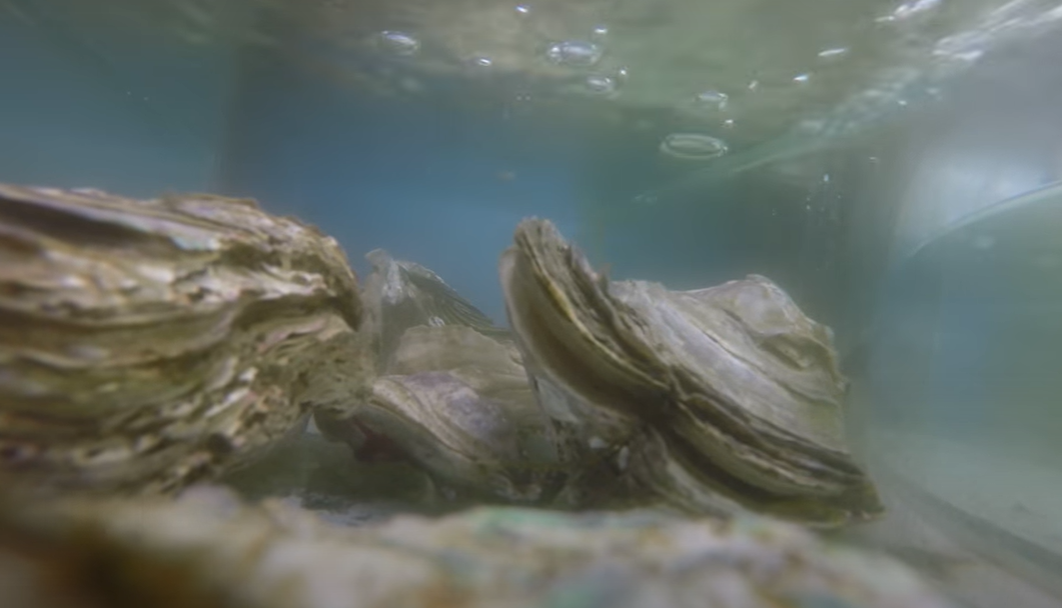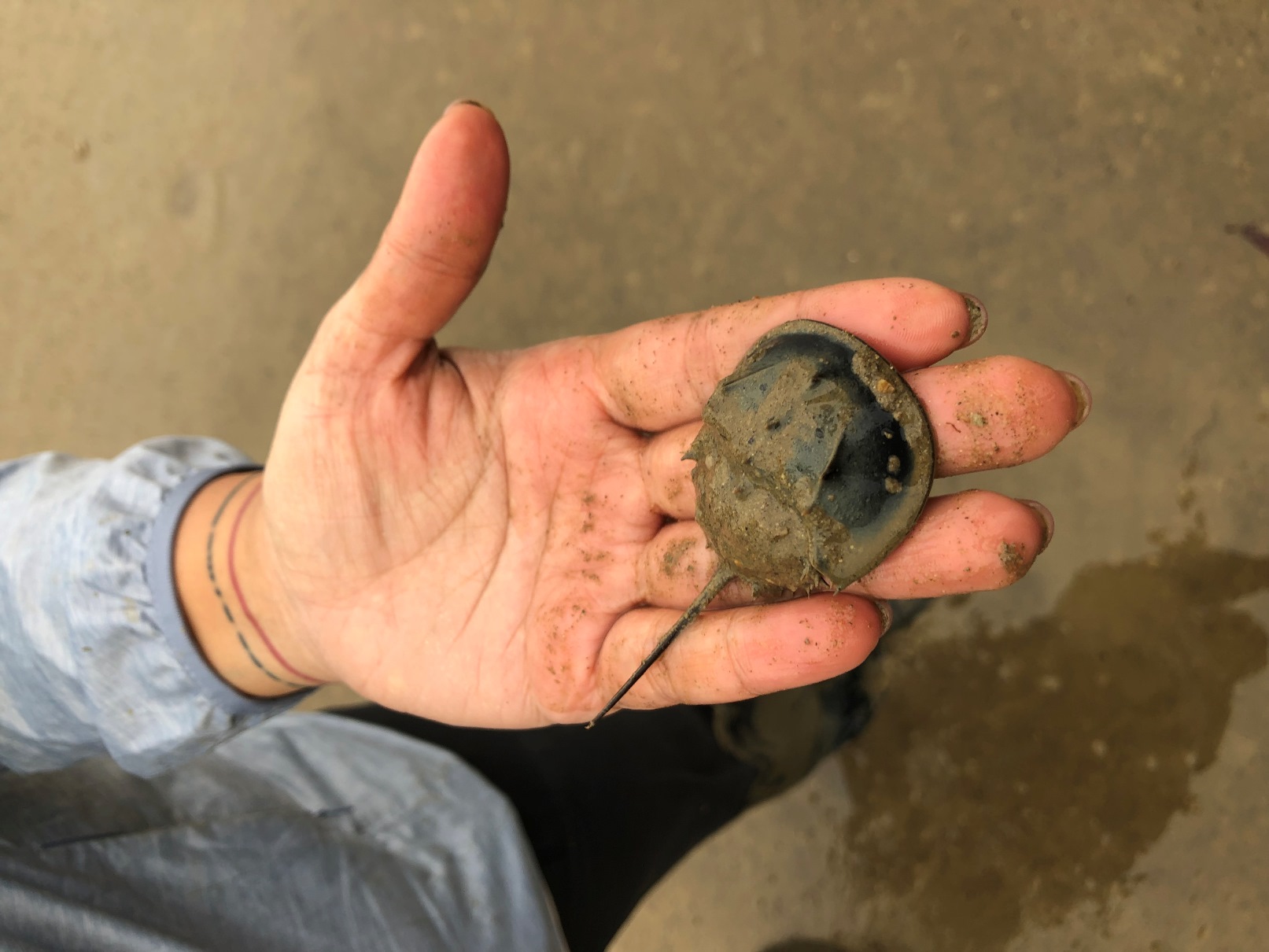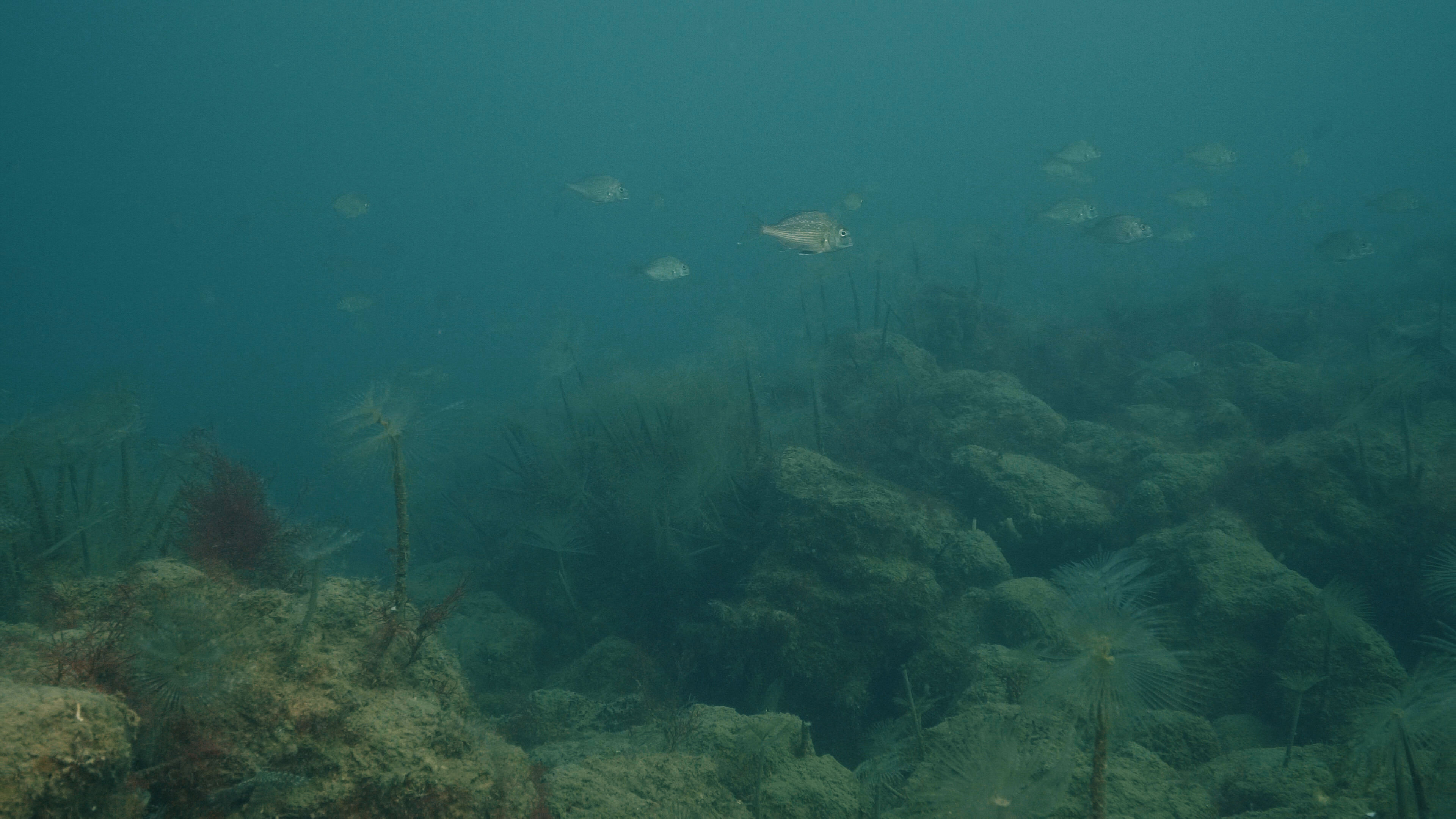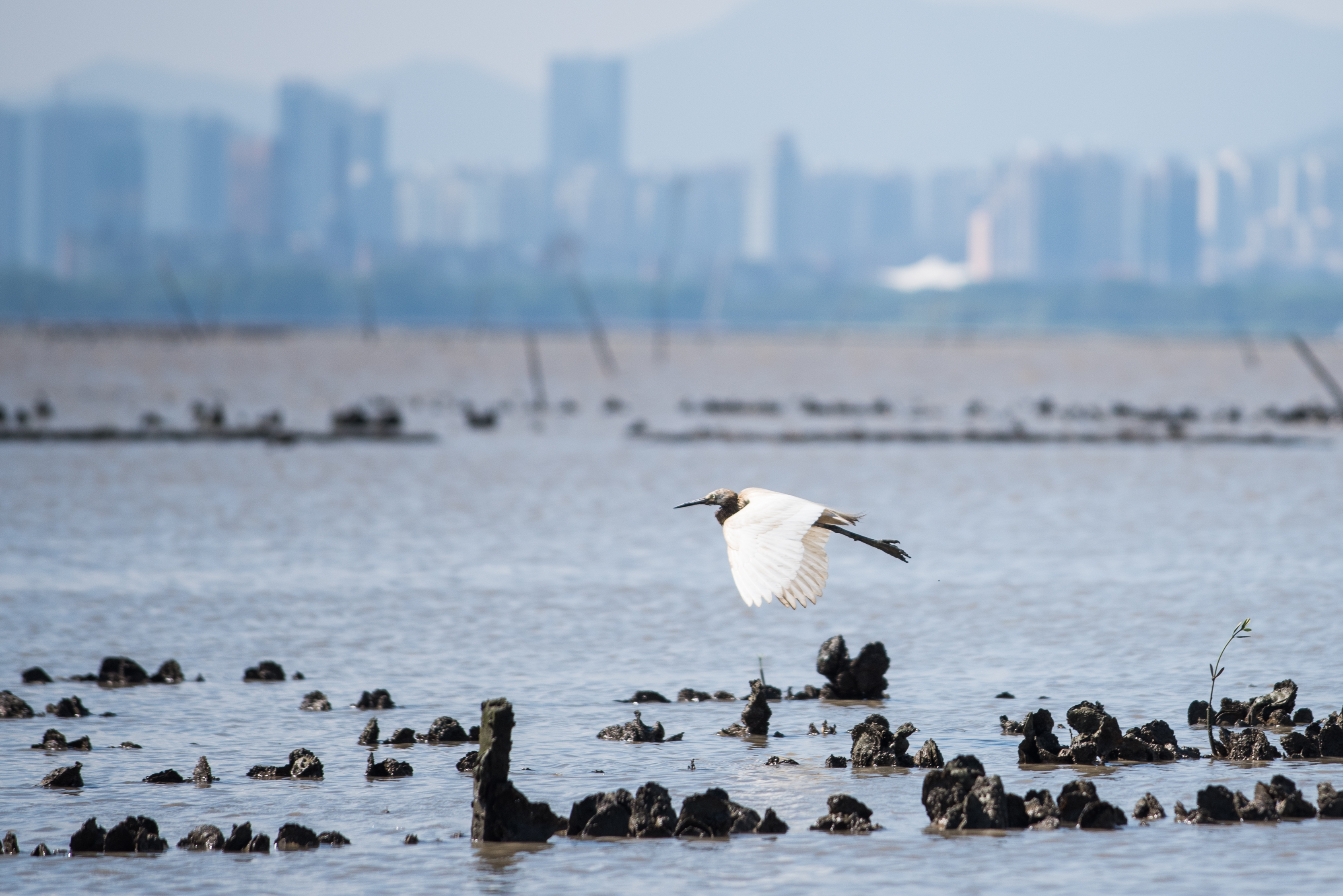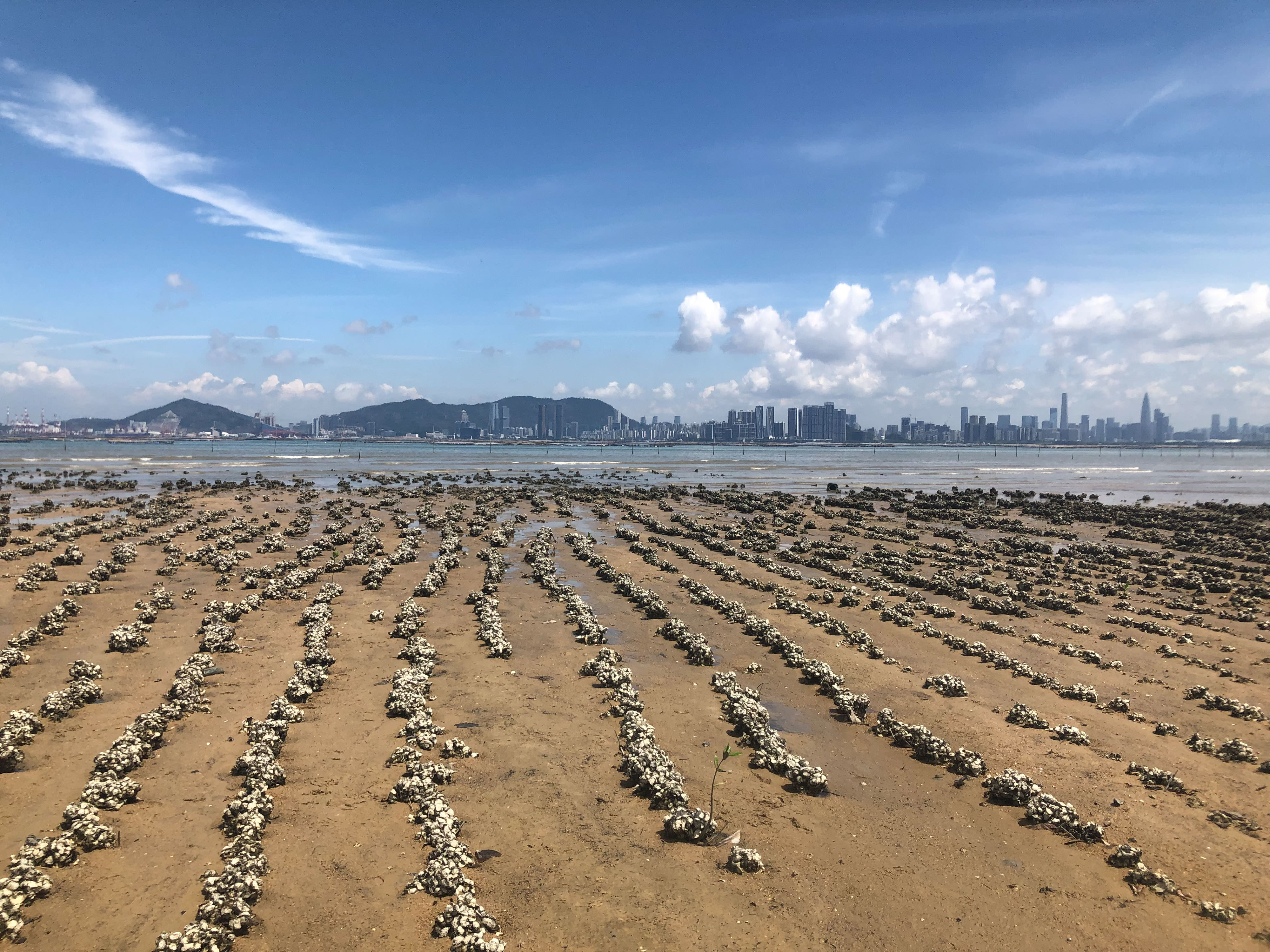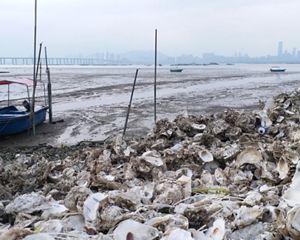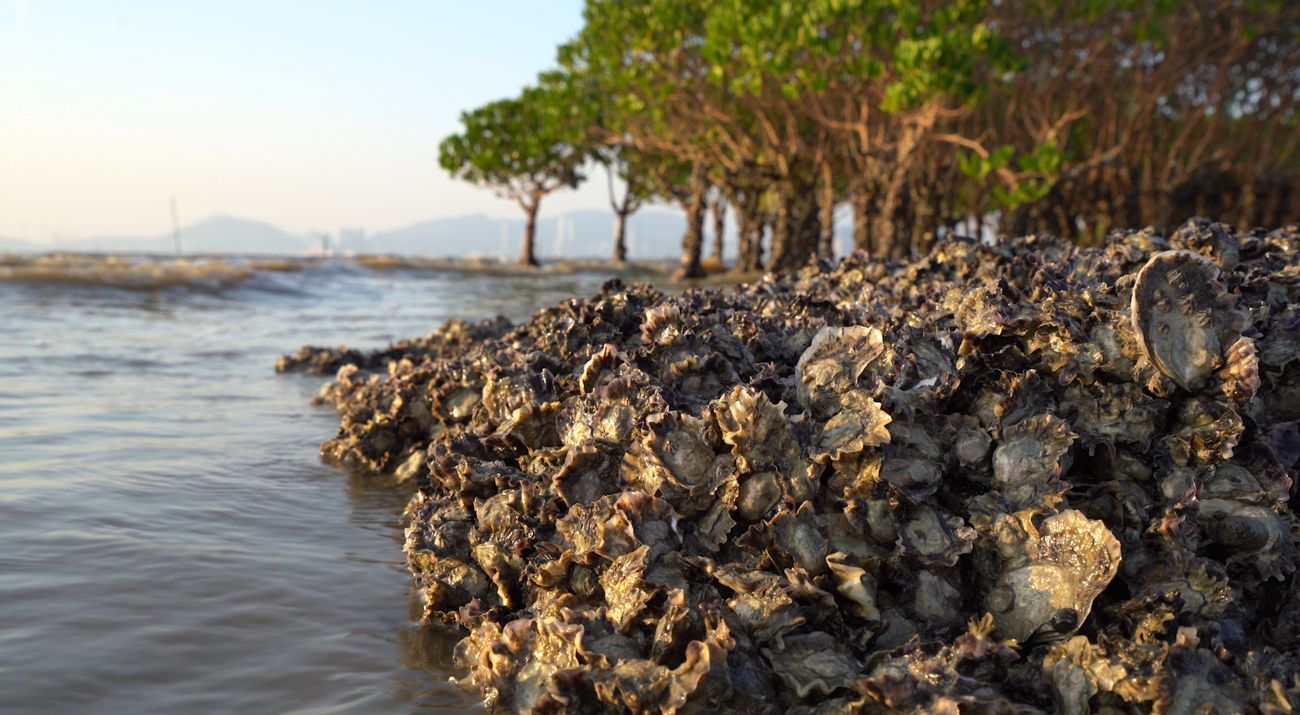
Oyster Reefs
85% of Shellfish Reefs are Lost Globally,
Hong Kong is No Exception.
Despite Hong Kong’s rich marine biodiversity – home to over 5,900 species, or more than one-quarter of all marine species recorded in mainland China – marine conservation efforts have lagged far behind those on land. Only about 6% of Hong Kong’s marine waters are protected, well below the global target of 30%. Many ecologically important habitats, including oyster reefs, remain outside of protected areas and face persistent threats, particularly in western waters.
Oyster reefs and other shellfish reefs deliver vital benefits to people and the planet, including providing habitat for marine life, supporting fish production, regulating water quality and protecting coastalines. Yet, over the past two centuries, more than 85% of the world’s shellfish ecosystems have been lost. Hong Kong is no exception. Historical dredging, reclamation, and urban development have decimated once-abundant oyster habitats across the territory. Today, any remaining oyster reefs are not officially recognised as ecologically important, are unprotected and therefore highly vulnerable to ongoing harvesting, degradation and reclamation projects, including the proposed Kau Yi Chau Artificial Islands, which do not take shellfish reefs into account when conducting the Environmental Impact Assessment.
Often overlooked, the humble oyster is the unsung hero of our seas.
Starting life as microscopic free-floating larvae, young oysters will settle on hard surfaces – preferably the shells of adult oysters – to complete their development. Over time, as more larvae settle and grow, the oysters build large, dense colonies on top of each other known as oyster reefs. Click the box below to learn about the important role of oyster reefs:
The Nature Conservancy (TNC) is working to restore oyster reefs in Hong Kong and advocate for better protection of these precious ecosystems.
But we need YOUR HELP.
Hong Kong's Biodiversity Strategy and Action Plan (BSAP) is currently under public consultation -- laying out Hong Kong's biodiversity strategy over the next 10 years. With the BSAP now under review, the public has a once-in-a-decade opportunity to advocate for stronger marine conservation policies and the health of Hong Kong waters. TNC will be submitting formal recommendations to AFCD. Please take part by submitting your views before the deadline on July 11, 2025.
TNC’s Key Recommendations for the BSAP
To reverse biodiversity loss and strengthen coastal resilience, TNC recommends that the updated BSAP prioritize the following:
- Expand Marine Protected Areas (MPAs) to Safeguard Coastal Ecosystems
- Scale up protection in line with the global “30x30” target by designating new MPAs and implementing other effective area-based conservation measures (OECMs).
- Prioritize the inclusion of biodiversity hotspots and underrepresented habitat types, notably areas such as South Lantau, Tung Chung, Port Shelter, and the coastal area of Deep Bay.
- Initiate Large-Scale Restoration of Degraded Oyster Ecosystems to reverse biodiversity loss and improve water quality
The 2030 Global Biodiversity Framework recognizes that conservation alone is not enough—restoration must be scaled up to reverse biodiversity loss. TNC and the University of Hong Kong have conducted territory-wide feasibility assessments, showing that oyster reef restoration is both scientifically sound and technically feasible. The key barrier is access to suitable seabed areas. To restore these vital ecosystems, we should:- Include targeted restoration strategies in marine park management plans.
- Make seabed areas available for restoration efforts outside of protected areas.
- Launch reef restoration projects in at least 30% of suitable bays by 2030, to enhance biodiversity, improve water quality, and rebuild ecosystem resilience.
- Strengthen Legal Protection for Endangered Species and Ecosystems
- Establish and maintain an up-to-date list of locally threatened species and ecosystems to inform conservation priorities.
To support this, TNC—together with the University of Hong Kong—is currently conducting an IUCN Red List of Ecosystems assessment for Hong Kong’s oyster reefs, providing the scientific foundation needed to formally recognize and protect these endangered habitats. - Update and amend legislation to formalize the list and extend legal protection to currently unprotected but endangered species—including oysters and key marine fishes.
- Develop species-specific action plans to recover endangered ecosystems such as oyster reefs, through expanded protected areas and scaled restoration.
- Establish and maintain an up-to-date list of locally threatened species and ecosystems to inform conservation priorities.
We cannot afford to wait any longer. The future of Hong Kong’s oyster reefs depends on public support. Please advocate for increased protection and restoration of Hong Kong's marine habitats including oyster reefs. Share your thoughts with the Agriculture, Fisheries and Conservation Department by contributing to the Biodiversity Strategy and Action Plan (BSAP) public consultation with our suggested template letter before July 11, 2025.
Let your voice be heard—express the importance of oyster reefs and demand their protection.
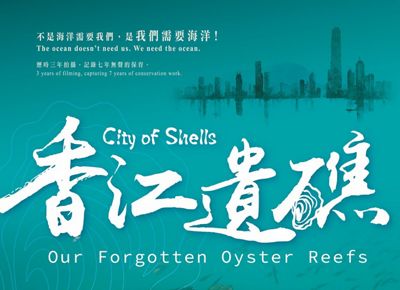
City of Shells: Our Forgotten Oyster Reefs
To learn more about oyster reefs and why they matter to Hong Kong, please watch this TNC featured documentary which explores the ecological, cultural, and historical significance of these lost ecosystems – and the opportunity to restore them.
